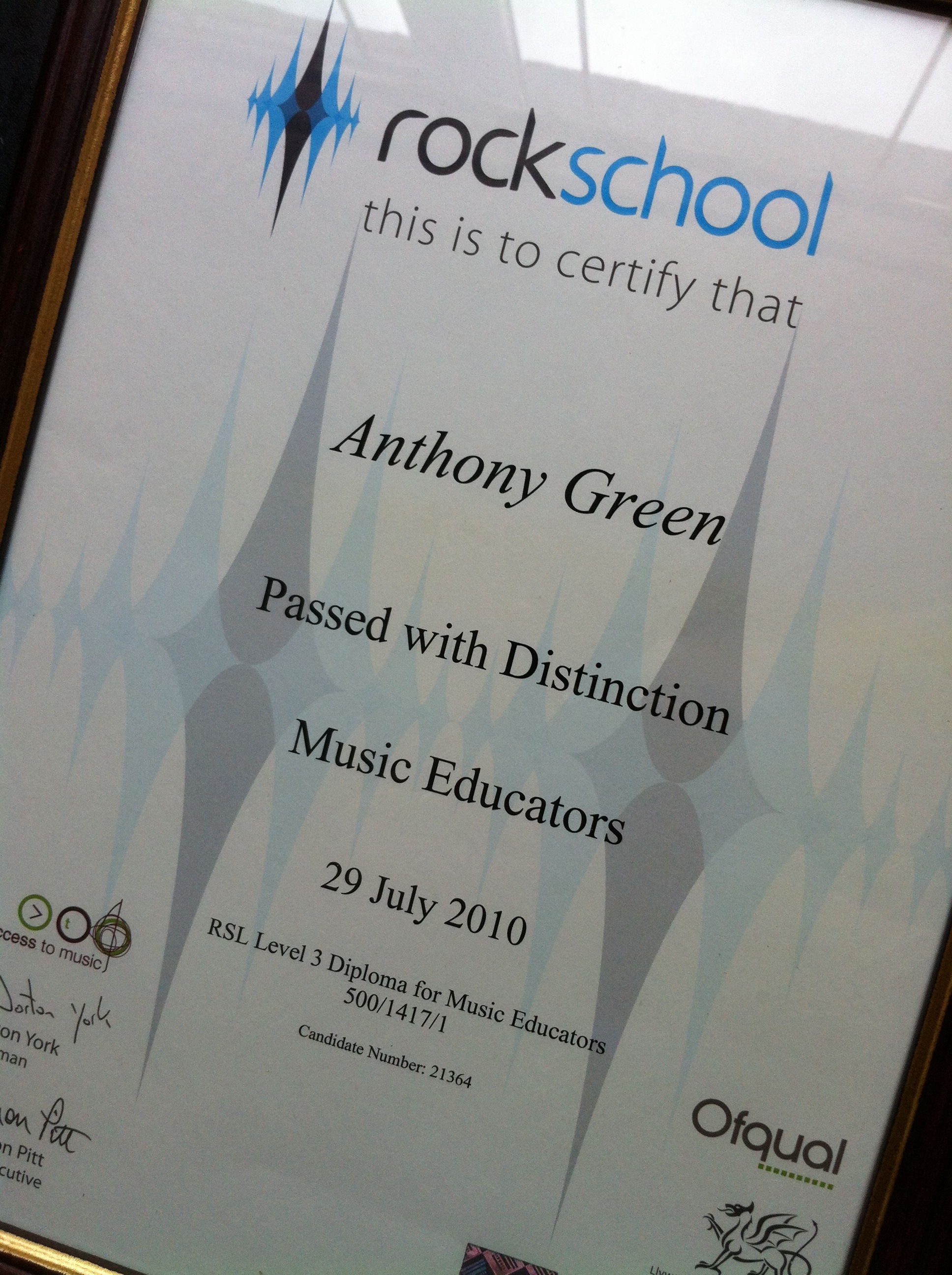Encouraging Children To Practice Guitar

Encouraging children to practice guitar can be quite challenging. Typically, they’re at a stage where the activities they can engage in aren’t particularly thrilling. However, introducing them to simple backing tracks during their lessons could add an element of excitement. I also use a program that you will be able to see at home that helps build up speed and becomes part of a game for them.
It often requires patience as children gradually build their skills and develop a genuine interest in playing an instrument. For parents investing in lessons, this can be frustrating as it may seem like money is being wasted when their child isn’t practicing. However, pressuring them to practice more might lead to resentment towards the instrument.
Effective Practice Approach
A more effective approach is to acknowledge and praise their efforts when they do practice, focusing on their dedication rather than the immediate results. Rather than commenting, “That sounds really good!” it’s more beneficial to say, “I’m impressed by how you practiced that piece.” This way, the reward (praise) becomes associated with the process of practicing rather than just the outcome, fostering long-term motivation. The emphasis should be on affirming the practice itself, not just the performance.
Listen To Guitar Based Music
Introducing children to music with guitars, such as AC/DC, KISS, and Bon Jovi, might spark their interest.
Today’s children often have packed schedules with various extracurricular activities, leaving them exhausted. After such a demanding day, it’s understandable that they may not feel like practicing an instrument. Similarly, as adults, after a long day’s work and chauffeuring kids to activities. The last thing we may want to do is practice an instrument; relaxation often takes precedence.
Show an interest in your childs playing
Many parents seek validation by boasting about their child’s achievements, like learning guitar, without necessarily being deeply invested in their musical development. If they exhibit a natural interest, support and encourage their exploration, allowing them the time to pursue it. Additionally, if they’re engaged in activities every night, it’s unreasonable to expect them to practice consistently — they need time to rest.
Ultimately, it’s more valuable in life to excel in one area than to be mediocre in many. Mastery takes time and dedication to develop.




